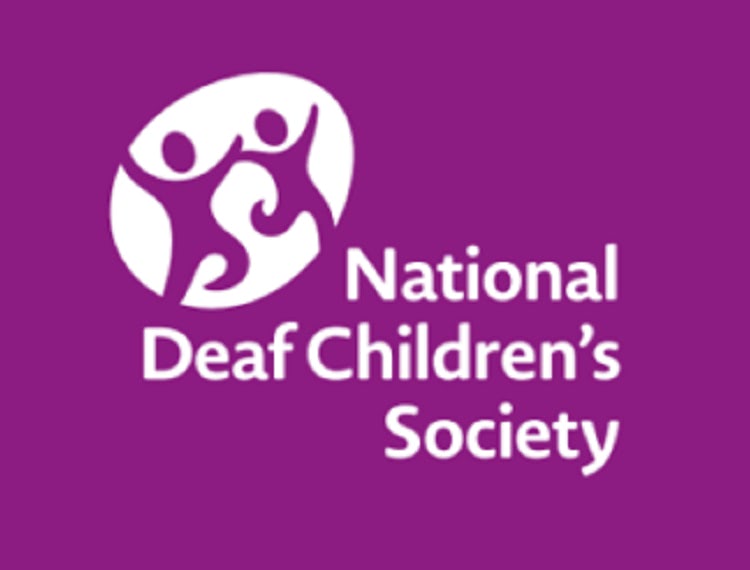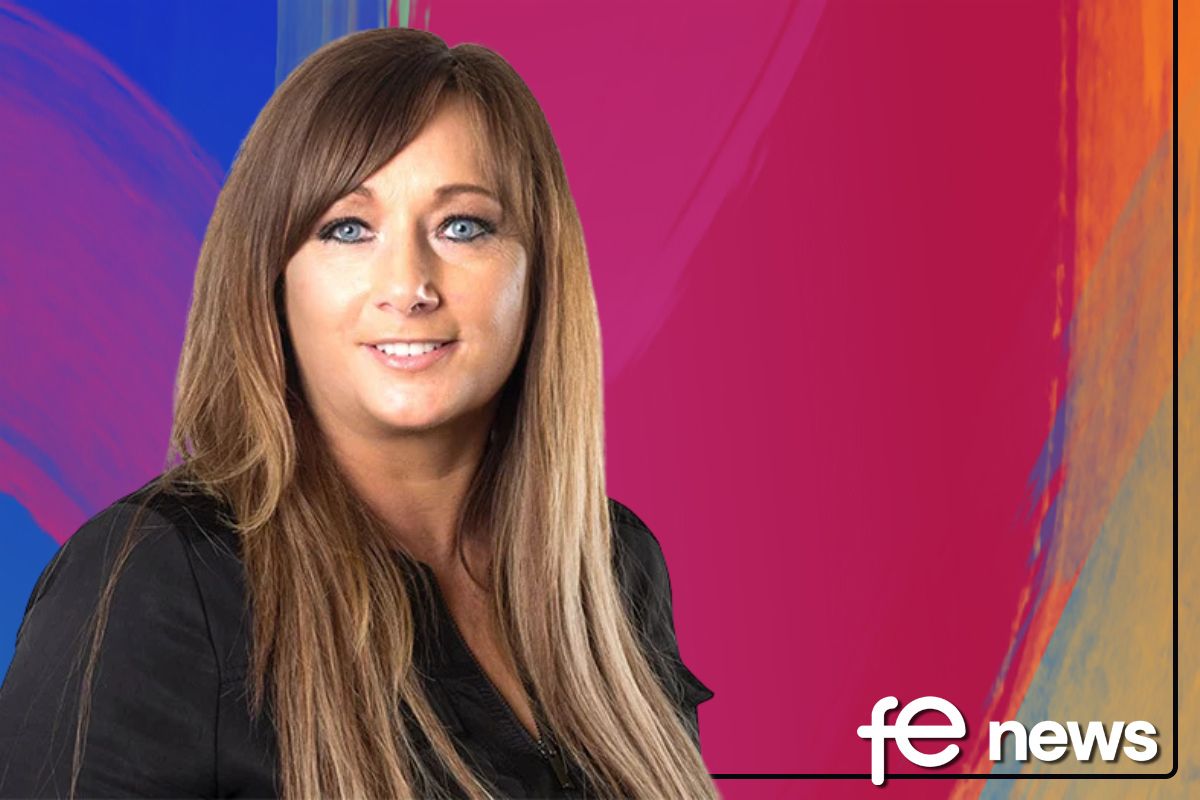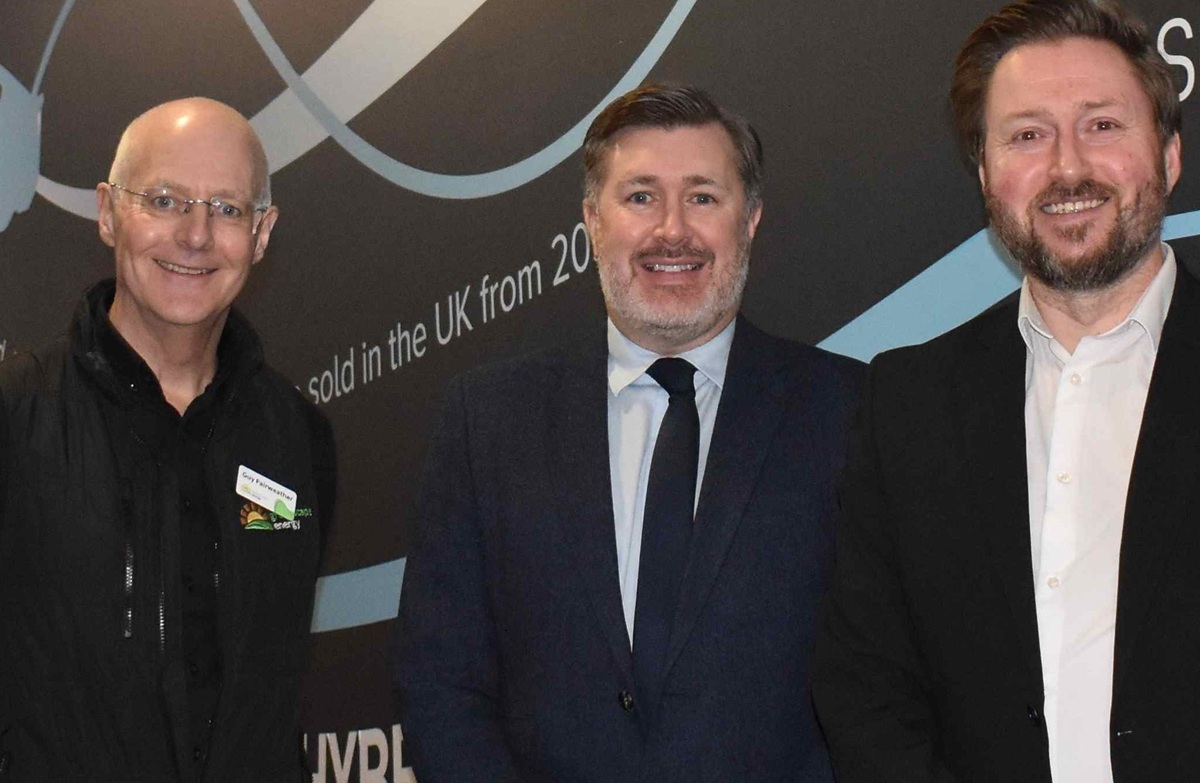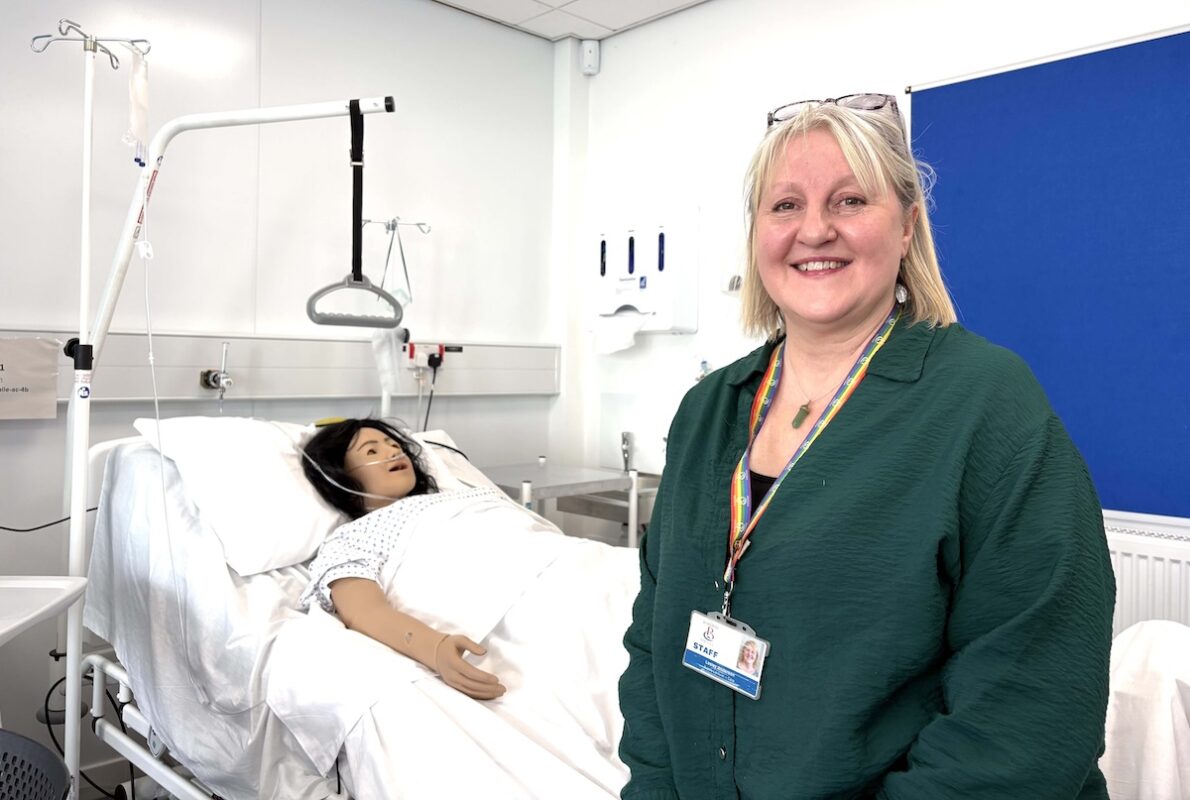More than half of British adults don’t feel confident talking to deaf people, with deaf children left facing isolation and loneliness

- 52% of Britons don’t feel confident about communicating with deaf people, according to new figures released for Deaf Awareness Week (5-12 May).
- One in five have felt nervous when they do.
- The National Deaf Children’s Society fears that a reluctance to speak to deaf people is contributing to feelings of isolation and loneliness, particularly among the UK’s 50,000 deaf children.
- Results also reveal a limited understanding of deafness actually is, with more than two thirds saying they don’t know anyone who is deaf.
- Case study: Jackson Youngs, 6, went to school for over a year and didn’t even know his classmates’ names. He still often stands alone in the playground.
More than half of Britons don’t feel confident when talking to deaf people, new research has revealed.
The figures, released today by the National Deaf Children’s Society, also show that one in five people (20%) have felt nervous when talking to deaf people because they don’t know what to do, while one in ten (10%) have pretended to understand something a deaf person said instead of asking for clarification.
The National Deaf Children’s Society says the research, conducted for this year’s Deaf Awareness Week, shows that a reluctance to speak to deaf people is contributing to the isolation and loneliness that so many deaf children and young people experience throughout their lives.
Previous research shows that many deaf children already find themselves excluded, with 80% of parents reporting that their child struggles to access local activities because of their deafness. The charity says isolation and loneliness are common among the UK’s 50,000 deaf children, with their happiness, mental health and communication skills suffering as a result.
The results of the YouGov survey also reveal that the public has a very limited understanding of what deafness actually means.
Deafness is on a scale from mild to profound and deaf people’s hearing varies significantly from one individual to another. However, whilst there are 11 million deaf people in the UK, equivalent to one in six adults, 70% of respondents said they didn’t know anyone who was deaf.
One in three (32%) also couldn’t be sure that deaf people could detect any sound without hearing technology, even though the vast majority can. A third (34%) also revealed that they’ve slowed down their speech for a deaf person, which actually makes lipreading much more difficult.
In response, the National Deaf Children’s Society is raising awareness of deafness and sharing five top tips to make sure everyone can help deaf children feel included. The tips include speaking clearly and naturally, using visual clues and not covering your mouth, with the charity saying even a little deaf awareness makes a huge difference to a child’s life.
The survey results did reveal some positive news, with one in five people (21%) saying they’d learnt some sign language and one in eight (13%) confirming they’d asked a deaf person how they prefer to communicate.
Four in five (81%) knew that not all deaf people use sign language and 94% correctly said deaf people weren’t any less intelligent than hearing people.
Susan Daniels OBE, Chief Executive of the National Deaf Children’s Society, said:
“Deaf children often feel isolated and lonely and when more than half of the population don’t feel confident talking to deaf people, it’s not hard to see why.
“Imagine being left out of classroom chatter, standing alone in the playground or not being invited to birthday parties when you just want to be included. This is the reality lots of deaf children face every day and the saddest part is that it can be avoided so easily.
“If everyone took the time to pick up some tips, become a little more deaf aware and make a bit of extra effort, it would make an incredible difference. Every child wants to be included in the fun and games happening around them and deaf children are no exception.”
Jackson Youngs, 6, has bilateral, mild to moderate, permanent conductive hearing loss. He lives with dad Steve, mum Verity and brother Ronnie in Bourne, Lincolnshire.
Jackson is a happy boy who loves his family, especially his little brother Ronnie, his cousins and his cat Figaro. He enjoys Lego, swimming, play parks, soft plays and baking.
Born prematurely with a permanent bilateral hearing loss, he’s now in Year One at school and his mum, Verity, says being deaf has made it difficult for him to settle in and make friends.
“His hearing loss has had a big impact on his confidence and development. Recently, his teacher told us that despite having been at school for over a year, he didn’t know the names of most of the children in his class.
“We were horrified. How difficult would it be to make friends without knowing their names? Imagine you don’t quite catch what a child says as they run off to playtime, but you can’t call after them because you don’t know their name. We started to practise saying ‘what’s your name?’ with him.”
Jackson’s school tried to introduce group games and encouraged the use of names around the table. However, isolation and loneliness are still a regular part of his life.
“We still believe that at times, he feels lonely at school. Given the choice, he would stay at home. We count down days to the weekend and I wonder if that’s a normal feeling for a six year old to have.
“He’s often alone in the playground and tends to seek an adult to stand with, I guess as adults have more patience to repeat things to Jackson than children do.”
Verity says that a bit deaf awareness goes a long way and really helps to make children feel included.
“When speaking with a deaf child, make sure they can see your lips and gain eye contact. Use gestures like a thumbs-up or even learn a few basic signs.
“Children like Jackson just want to be a part of what’s going on and it’s so important for their development.
“With support from school, a Teacher of the Deaf and Peterborough and District Deaf Children’s Society, we’re hoping the happy-go-lucky boy we know at home will soon start to shine through every day at school too.”
The National Deaf Children’s Society’s five top tips for Deaf Awareness:
- Every deaf child will have a preferred method, so find out if they use speech, British Sign Language or a mixture of both.
- Speak clearly and naturally. Deaf children will try to lip-read, so speak as you normally would. Speaking slowly or too loudly makes lip-reading much more difficult.
- Make sure they can see your mouth. Covering your mouth with your hands, eating or chewing can make lip-reading very difficult. It also muffles any sound you’re making.
- Use visual cues where possible. Point to what you’re talking about, and don’t be shy about using gestures to support your communication.
- Don’t give up and never say “I’ll tell you later”. Deaf children want to be involved just like their friends, so if one method doesn’t work, don’t be scared to improvise, such as typing things on your phone or writing on pieces of paper.











Responses